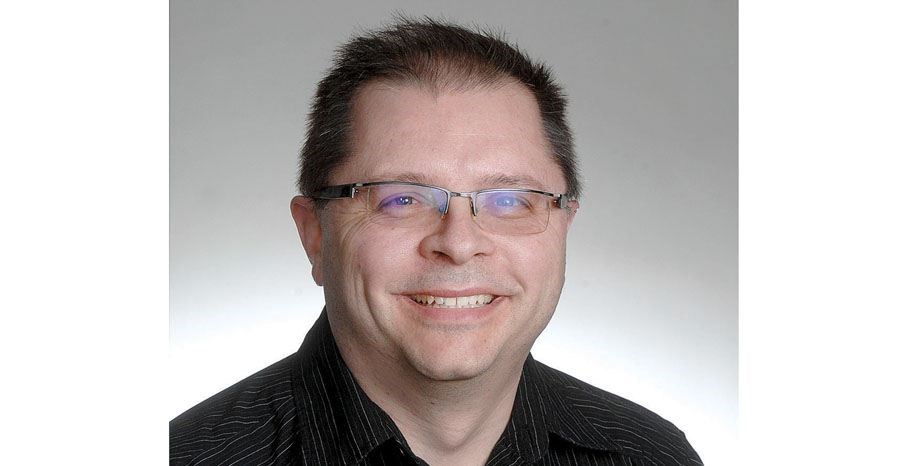An attack on all of humanity, U.S. President Barack Obama called it. French president Francois Hollande declared it an act of war.
So the chorus of outrage went.
What happened in Paris Friday is a tragedy and there must be a response. That response, despite the outsized rage, must be appropriate. A NATO-led boots on the ground invasion into northern Syria and Iraq is hardly fitting. Bombing Islamic State militants to oblivion will show how tough Western leaders are on terrorism, but will it do anything to end the civil war in Syria? Suspending civil rights and spending hundreds of billions of dollars each year in a coordinated effort by Western governments, including Canada, to spy on their own citizens doesn't seem to be working either. Now what?
History is always a good place to start.
So much has changed in 20 years.
Two decades ago, about 800,000 people were killed in about 100 days in the summer of 1994 during the Rwandan genocide. From a body count perspective, that works out to a Paris every half hour, every day, for more than three months. The United Nations stood by, forcing Canadian general Romeo Dallaire to be a
witness to the atrocity.
In the end, it was the French military that finally put a stop to the bloodshed.
At the same time, genocide was also happening in Europe although the more polite term "ethnic cleansing" was being used, as if a term invoking tidiness around the murder of thousands of civilians for their heritage and language made it more palatable. That kind of linguistic cowardice leaves the users of such phrases with, as one commentator has aptly called it, a mouthful of blood. The NATO allies, including Canada and the U.S., were slow to respond in Bosnia, as well.
Even in 2001, after the 9/11 attacks, it took the mighty American military two months to conduct a full-blown invasion of Afghanistan, after the Taliban refused to turn over Osama bin Laden. Once there, the trepidation of America's civilian and military leaders continued, allowing bin Laden to cross the border into Pakistan and remain free another nine years.
It was, as Samantha Power, the current American ambassador to the United Nations, called it in the title of her Pulitizer-Prize winning 2002 book, A Problem From Hell. The problem is how to respond to a tragedy without further tragedy, in the immediate moment or unintentionally sewing the seeds for further tragedy. This is the problem facing new Canadian Prime Minister Justin Trudeau and his fellow Western leaders.
More bombs, more guns, more surveillance, more sabotage. How much more? Directed at whom? How effective or ineffective has this flexing of hard power already been? Are there other options that will deal with the attackers and their supporters less quickly, but with more long-term effectiveness? How will the action taken affect the Syrian refugee crisis? How will the action taken affect other anti-Western players in the region? The bombing in Beirut two days before Paris was targetted towards Hezbollah. That would be the same Iranian-funded terrorist organization that is trying to wipe Israel off the face of the map and is presently siding with Syrian forces to defeat the Islamic State and the civilian forces opposed to the brutal dictatorship of Bashar al-Assad.
Dealing with the Islamic State is far more complicated than rounding out some the clearly-identifiable bad guys and dealing with the rest with "bombs bursting in air."
Trudeau will face intense pressure in the coming days and weeks to reverse his pledge to bring back Canadian forces currently engaged in the region.
Instead of caving to the outrage and the indignation, he should not be bullied into an inappropriate response. He certainly needs to bring more than unicorns, flowers and rainbows to the table but he also shouldn't be coerced into "bombs away."
He needs to stand his ground with a Canadian response that is fitting to the degree of the tragedy but, more importantly, will take measureable steps forwards towards the eventual containment and elimination of the Islamic State, as well as the threat its members pose to world peace and civilian safety.
-- Managing editor Neil Godbout



